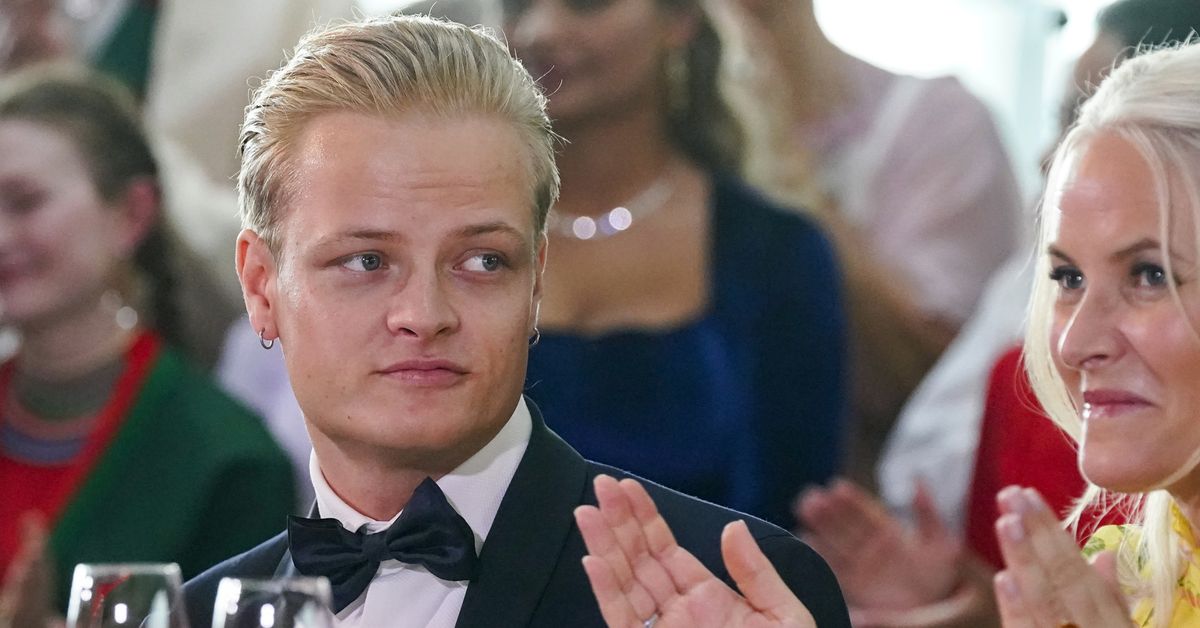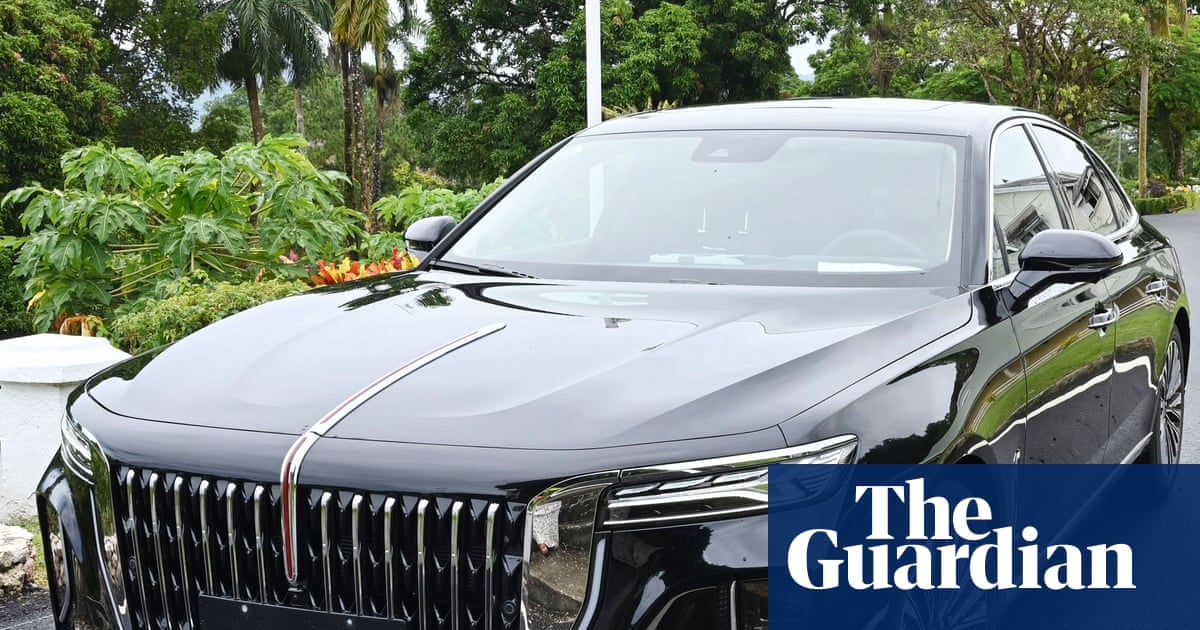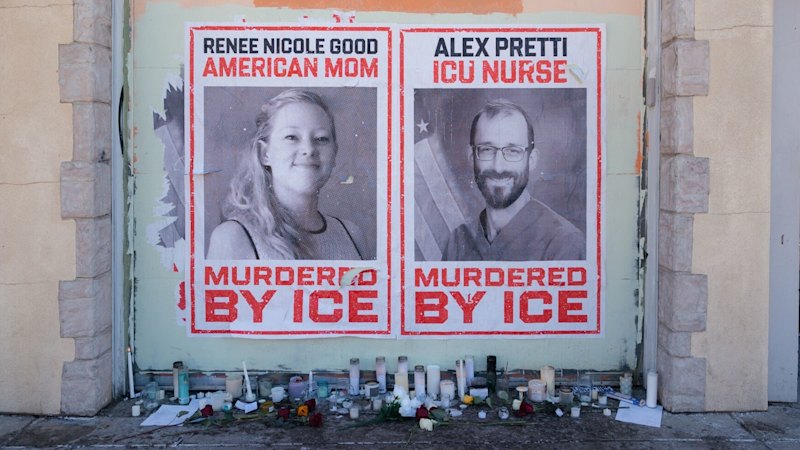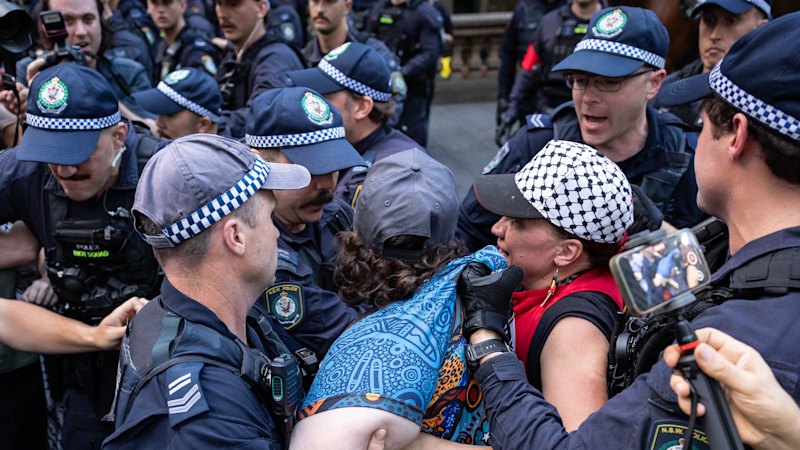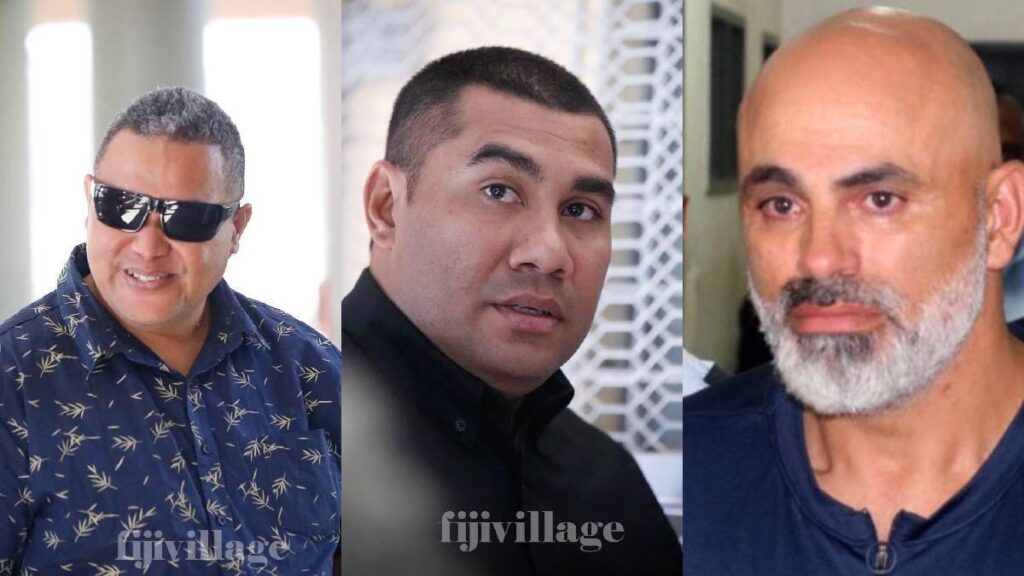
In a landmark ruling, Lautoka High Court Judge Justice Aruna Aluthge declared that the successful $2 billion methamphetamine bust in December 2023 underscores the capability of Fijian law enforcement agencies to combat sophisticated drug cartels. Despite facing challenges such as advanced equipment and alleged political complicity, the agencies demonstrated resilience and effectiveness in tackling the illicit drug trade.
Justice Aluthge’s ruling emphasized that the prosecution had convincingly proven the involvement of Justin Ho and David Heritage in executing a master plan orchestrated by Australian businessman Sam Amine. This plan aimed to transport the largest methamphetamine consignment ever intercepted in Fiji. The judge highlighted that the nine accused individuals were at various stages involved in handling the consignment, fully aware of its illicit nature.
Complex Network and Local Involvement
The judgment detailed the roles of the accused, with Jale Aukerea identified as a major financier and facilitator in the drug operation. Sakiusa Tuva was noted for his medium-level involvement in recruitment and processing for local distribution. Justice Aluthge pointed out that other participants were driven by poverty, drawn into the operation as small players.
While the exact origin and destination of the drug shipment remain unclear, the judge inferred it likely originated from Latin America, destined for lucrative markets in Australia or New Zealand. Fiji, he noted, served primarily as a transit point, with some of the meth infiltrating the local market and being used to manipulate recruits into becoming peddlers and couriers.
International Cartel Connections
Justice Aluthge’s ruling also suggested the involvement of an international drug cartel, comprising individuals from Russia, Latin America, and Australia, working in tandem with Fijian counterparts. However, he dismissed the defense’s claims of Russian mafia involvement as a narrative constructed to support a defense of duress.
The case also exposed vulnerabilities in Fiji’s border protection mechanisms, with evidence of undetected drug imports via sea routes. Alarming revelations emerged about certain officers within the Narcotics Bureau of the Fiji Police Force being complicit with drug dealers, although there was no evidence that the accused were deterred from reporting due to mistrust in the police force.
Leadership and Escape Attempts
Justice Aluthge identified Sam Amine as the orchestrator of the methamphetamine shipment, with Justin Ho and David Heritage playing pivotal roles in its importation and storage in Denarau. Aukerea and Tuva were instrumental in logistical arrangements, while Ho was deemed the controlling authority, a fact corroborated by his actions following the bust.
Ho’s attempted escape to Wallis and Futuna, along with Louie Logaivou and Aukerea, further cemented his leadership role in the operation. The discovery of $21,000 in cash on Ho at the time of his arrest on Cobia Island, a remote location, indicated his position as the primary beneficiary of the drug activities.
Implications and Future Steps
The case has significant implications for Fiji’s fight against drug trafficking. It highlights the need for enhanced border security and the importance of addressing internal corruption within law enforcement agencies. The sentencing of Justin Ho, David Heritage, Louie Logaivou, Jale Aukerea, Sakiusa Tuva, Ratu Aporosa Davelevu, Ratu Osea Levula, Cathy Tuirabe, and Viliame Colawaliku is scheduled for Wednesday, marking a critical step in the judicial process.
As Fiji grapples with these challenges, the successful prosecution of this case serves as both a warning to criminal networks and a testament to the potential of Fijian law enforcement to uphold justice despite formidable obstacles.
